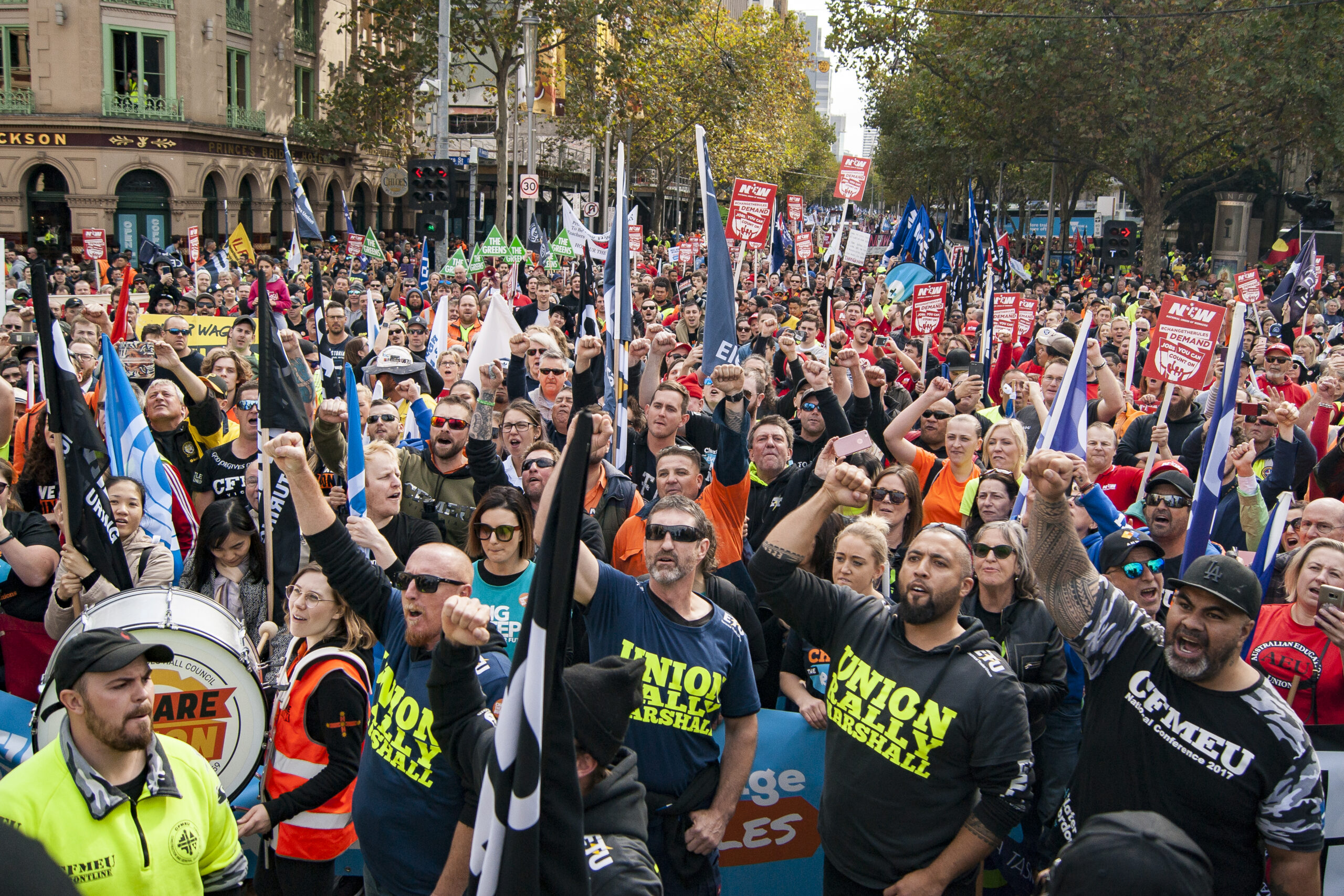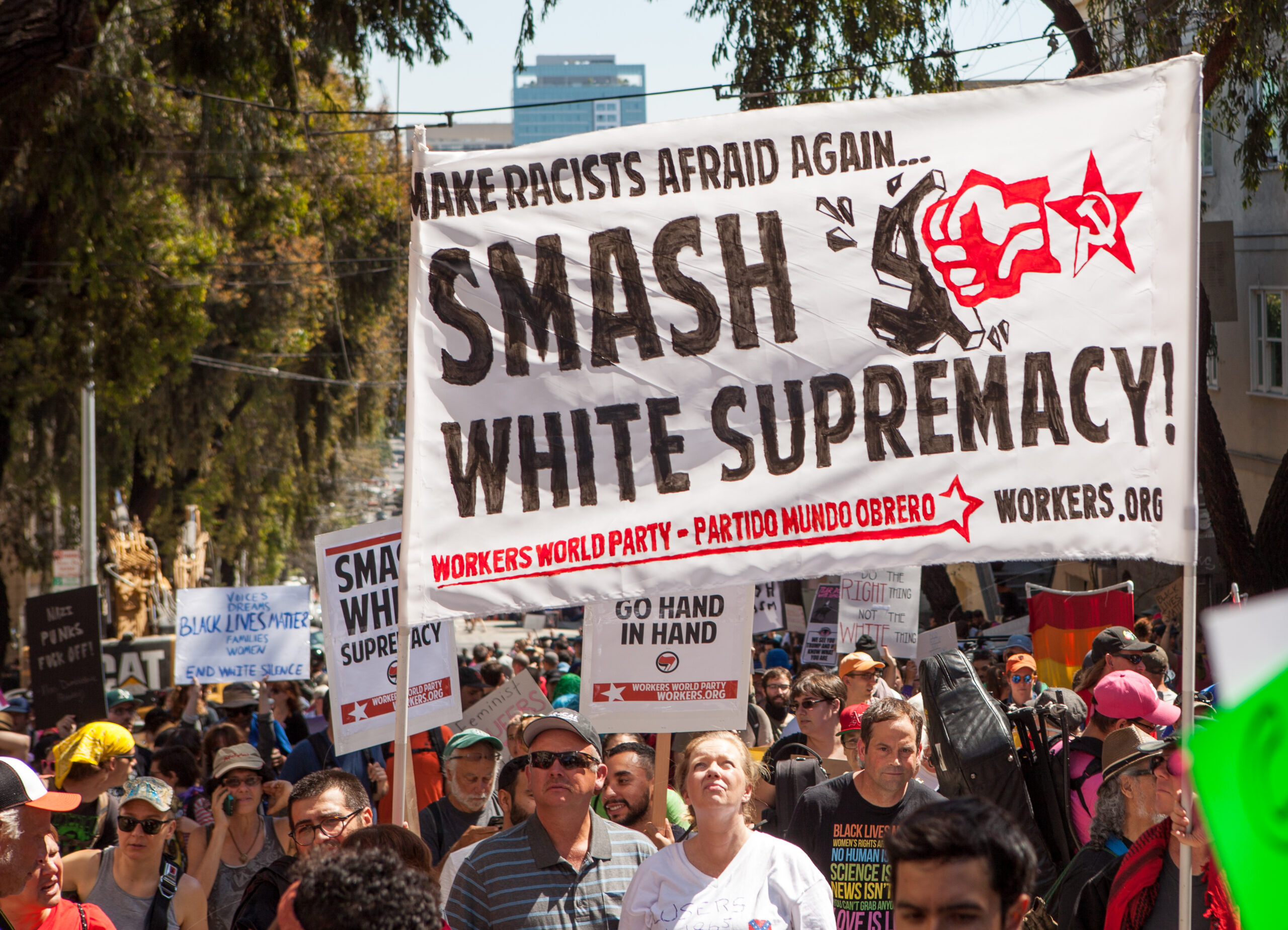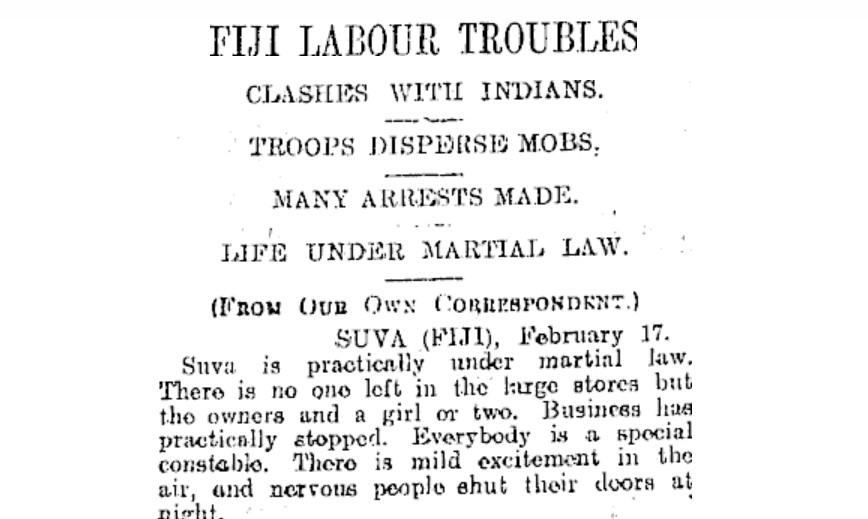Loss of control is the fundamental expression of alienation. Popularly, and particularly among psychologists, alienation is understood almost exclusively as a psychological state. It refers to a variety of disorders, including anxiety, despair, loneliness, apathy, meaninglessness and powerlessness.
Some if not all of these problems will be intimately familiar to us, but are these just psychological problems? If alienation is a state of mind then there is an implication that it exists only within the individual. But we do not live in a vacuum. Feelings of powerlessness result not from the individuals, but from the organisation of society.
Alienation, to put it simply, is the idea that an “alien” force confronts individuals, overruling their aims and designs and subjecting them and their lives to its initiatives. This force affects all human activity from everyday labouring to the creation of art. It is the loss of the power to choose what we produce, how it is produced and what it is used for.
Marx developed his theory of alienation to reveal the human activity that lies behind the seemingly impersonal forces that shape and determine society. His exploration of the psychological or spiritual phenomenon of alienation predated and underpinned his later more technical critique of capitalism as an economic system. In the Economic and Philosophical Manuscripts of 1844, Marx considers what it means to be human – what defines our shared human nature. He built upon the work of previous philosophers, notably Hegel and Feuerbach, who placed the root cause of alienation in religion and the mind respectively. Marx took those ideas and rooted them in the material world.
He demonstrated how people are bound to become estranged from each other and themselves under the conditions of capitalist production. He showed how aspects of society that appear natural, eternal and independent of us are actually are the results of past human actions.
Alienation is tied to the fundamental relations underpinning capitalism in four ways: in the alienation of human beings from the product of their labour, in alienation from the labour process itself, in alienation from our fellow human beings and alienation from our shared human nature. Alienation meant the loss of control – most concretely and basically the loss of control over our own labour.
Labour is our shared human nature
Marx identified labour as key to all forms of alienation through his studies of human nature. He opposed the idea that humans have a fixed nature outside of social relations or independent of the society they live in.
“Man’s actual consciousness and authentic existence, is social activity and social satisfaction – through this we create our common nature by creating our common life.”
Many of the features of the idea of a universal human nature in fact varied enormously – with one exception: the need for humans to work with nature to satisfy our basic needs for food, water and shelter. Our creative force as a species lies in our ability to consciously transform nature. Because we work consciously we are able to build on our successes cumulatively and develop ways to produce what we need. This means we have a history, where other animals do not.
Since this labour is conscious, both the work and the labourer undergo transformation, change and development. We shape and mould the world we live in and the world shapes us, which in turn stimulates us to create and innovate. This leads to the cumulative development of our productive forces. When society became able to generate a surplus it became possible for a fraction of society to be liberated from the need to directly produce – a few could live from the work of others. Private property emerged from this as we were tied to the land for our basic production. Thus began the separation of humans into classes – those who own the means of production (in this case land) and those who don’t.
We feel powerless over our world because we have lost collective control over the forces of production. At the beginning of the industrial revolution, there were brutal “enclosures” of common land in Europe – denying millions direct access to means of production and subsistence – land. Even throughout the medieval era, the social relationships in feudal society were relationships of domination and submission but they were still social relationships between individuals, unlike today where most of our social relationships are mediated through buying and selling. Peasants worked their own land and produced most of the items they needed on a daily basis. The alienation of the land created a vast class of the landless – a huge section of the society that now had to find a new way to survive, trading labour for money.
For this new section of society to survive, basic needs had to be bought with the money earned from labour for someone else. This meant that all objects created by human labour became saleable commodities, including even the greatest works of art and literature. The dominance of commodity production has implications for how we experience the world we have created. To eat, we buy food, to travel, we buy a car or a plane ticket, to learn, we buy books, TVs or computers. To create these things we have to possess labour power or the means of production, which are in themselves commodities to be bought and sold. In order to enter into a productive relationship we need to own either labour or factories, and we are defined by which of these we possess. Through this we are divided into our social groups based on the commodities we own; these commodities then acquire our social characteristics – they become the means by which we socialise.
This doctrine of “universal saleability” required the ability to compare the value of one commodity with another, for which a “universal equivalent” – money, is needed. Marx called money the “universal pimp” mediating between men and their desires. Money shapes the consciousness of human beings involved in the circulation of commodities. Money takes on the value of the objects it represents, and it therefore appears to be the force that creates value itself. As Istfan Meszaros explains “Money is taken to possess these colossal powers as natural attributes. It is shown most obviously by ideas of interest bearing capital. There people think they see money creating more money, self-expanding… Workers, machines, raw materials, all of the production are downgraded to mere aids, and money itself is made the producer of wealth.”
Money fundamentally affects our personalities and submerges our individuality. With a great deal of of money, we can acquire whatever we desire, whatever we lack, whatever human abilities we do not possess we can buy. As Marx said, “I am ugly but I can buy for myself the most beautiful of women. Therefore I am not ugly, for the effect of ugliness – its deterrent power – is nullified by money.”
1. The alienation of human beings from the product of their labour
Under the economic system of private ownership, society divides itself into two classes, the property owners and the propertyless workers. In this arrangement, the workers not only suffer impoverishment but also experience an estrangement or alienation from the world. The fact that workers do not own what they produce has far-reaching implications. Marx approaches these implications by observing: “The object that labour produces, its product, confronts it as something alien, as a power that exists independently from the producer.”
The decisive difference of capitalism from any other previous epoch in history is that it has become possible to replace the natural world with a human-made world. This is what Marx meant by the term product – not only stuff that can be bought at the local store, but the roads, the housing, the farms, city planning. All of it produced through labour, through humans working through nature. This human-made world has expanded massively and shaped our relationship with nature, drastically changing our ecosystem. Before the industrial revolution, human civilization could be seen as making small inroads into a vast wilderness, but in the 19th century civilisation quickly moved to a situation where no area of the planet could escape industrialisation. The entire human-made world is the product that confronts its makers as an “alien” power; an alien power with huge effects – most notably climate change.
Also part of this human-made world is of course the market. Business cycles confront workers as forces beyond their control, as powers which victimise them like floods, droughts and epidemics. A worker’s skill or willingness to work may not change at all, but a recession will throw her out of work regardless of her qualities and qualifications. Without any fault on her part, a worker may suffer all sorts of hardships because of the impersonal forces – the invisible fist – of the market. Yet while workers are at the mercy of forces beyond their control, it is their own accumulated labour which creates and maintains these forces. The market is not a creation of nature it is the result of human production and consciously organised institutions. Workers, in other words, decisively help to build the world on which they are precariously dependent.
2. Alienation of human beings from their own productive activity
The second element of alienation Marx identified is a lack of control over the process of production. We have no say over the conditions in which we work and how our work is organised, and how it affects us both mentally and physically. Modern production has increased the fragmentation of the labour process much more since Marx’s day. The assembly line, which was taking over from craftsmen in Marx’s time, is now global. Conditions of work, from the length of the working day to the space we occupy, are predetermined. The entire operation, down to its smallest motion, is conceptualised by the management and engineering staff, laid out, measured, fitted with training and performance standards – all in entirely in advance. Workers are treated as machines, with the aim of transforming the subjective amount of labour into objective, measureable, controlled processes, thus destroying any sense of creativity. Capitalism removes the rights of the worker to exercise control over the value or effects of his labour, robbing us of the ability to consume what we make directly or receive the full value of the product when it is sold. We are also alienated from even merely enjoying labour as it has become forced labour – necessary for survival.
3. The alienation of human beings from each other
We are alienated from our fellow human beings, in part because of the antagonisms that inevitably rise when a small section of the population controls the power to create. This antagonism can be seen in the disconnect between ourselves and all the people that are relied upon to create the made environment around us. Our lives are touched by thousands of people every day; people whose labour made our clothes, the house we live in, or the road we drive on, but we only know them through the objects we buy and consume. Even labour itself is traded as a commodity for a wage. We relate to each other not as individuals but as representatives of different relations of production. We see this every day when we meet someone and ask “so what do you do?” Most of our relationships are mediated through the commodities we own, and we are judged based upon that. Those who own the tools of production are separate from those who can only give their labour power. When we work for a capitalist, we are not independent, we are under orders. We see other people through the lens of profit and loss – our abilities are converted into a means of making money and so we consider other human beings as competitors – inferiors or superiors. This alienation comes through even in the household, i.e. the dramatic change from communal production at home to the creation of the “nuclear family” as an example. Women’s oppression and the creation of the family unit have been explicitly created through human action, changing even how we relate to family members.
4. The alienation of human beings from their characteristics as members of the human species
What makes us human is our ability to consciously shape the world around us. However, under capitalism our labour is coerced, forced labour. Work has no real relationship to our personal inclinations or our collective interests. The capitalist division of labour massively increases our ability to produce, but those who create the wealth are deprived of its benefits. Human beings are social beings, we have the ability to act collectively to further our interests, we have the ability to consciously plan our production to match the developing needs of society. But under capitalism that ability is reversed by the drive for profit. Rather than consciously shaping nature, we cannot control or even foresee the consequences of our own actions.
Conclusion
In a capitalist society, human needs are defined by the system of private ownership over the means of production. Instead of mere food, clothing and shelter, humans need money. Moreover, capitalism mandates different needs for the social classes it creates. As capitalists accumulate wealth, their needs become increasingly refined, even as workers are forced to adjust to the life that makes the 1% possible. In capitalism, everything and everyone is treated in terms of their utility and price. Capitalism demands people be oriented to the world in this way just in order to survive.
It is not all doom and gloom however. Marx focused on labour as the source of alienation because in a social context it can and should be changed. This underlies Marx’s focus on working class struggle and how this can evolve to a fundamental challenge to the current system. The alienation of the worker first comes from his powerlessness to create a world for himself and his community – because privately directed production does not aim to provide for him or the community at large. The solution to this situation of alienation is the social control over the means of production, in a word, revolution. This does away with alienation by doing away with the system of private property that removes our control over the productive forces. It allows us to finally unlock our creative power to make a world that can be sustainable and beneficial to all of humanity as opposed to mere survival. It allows us to create a world that is for us and our communities.









